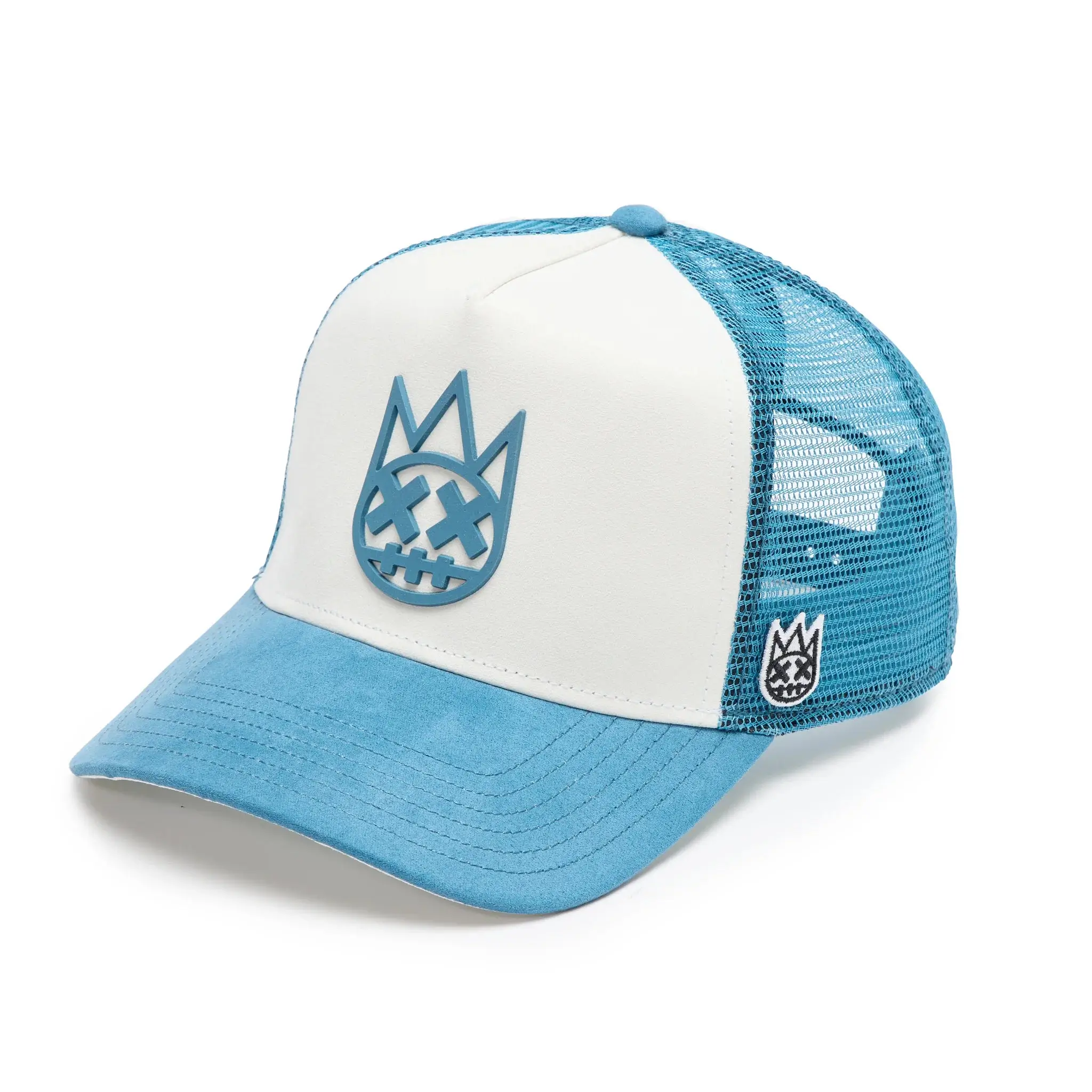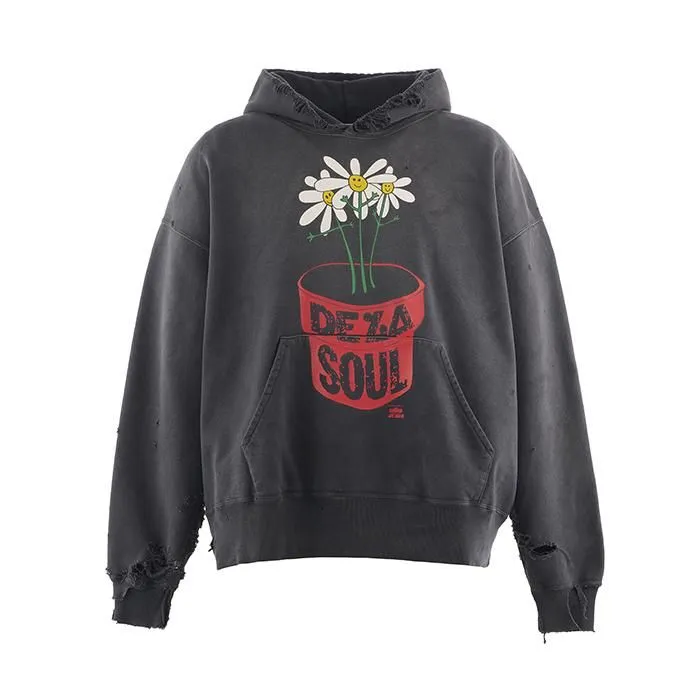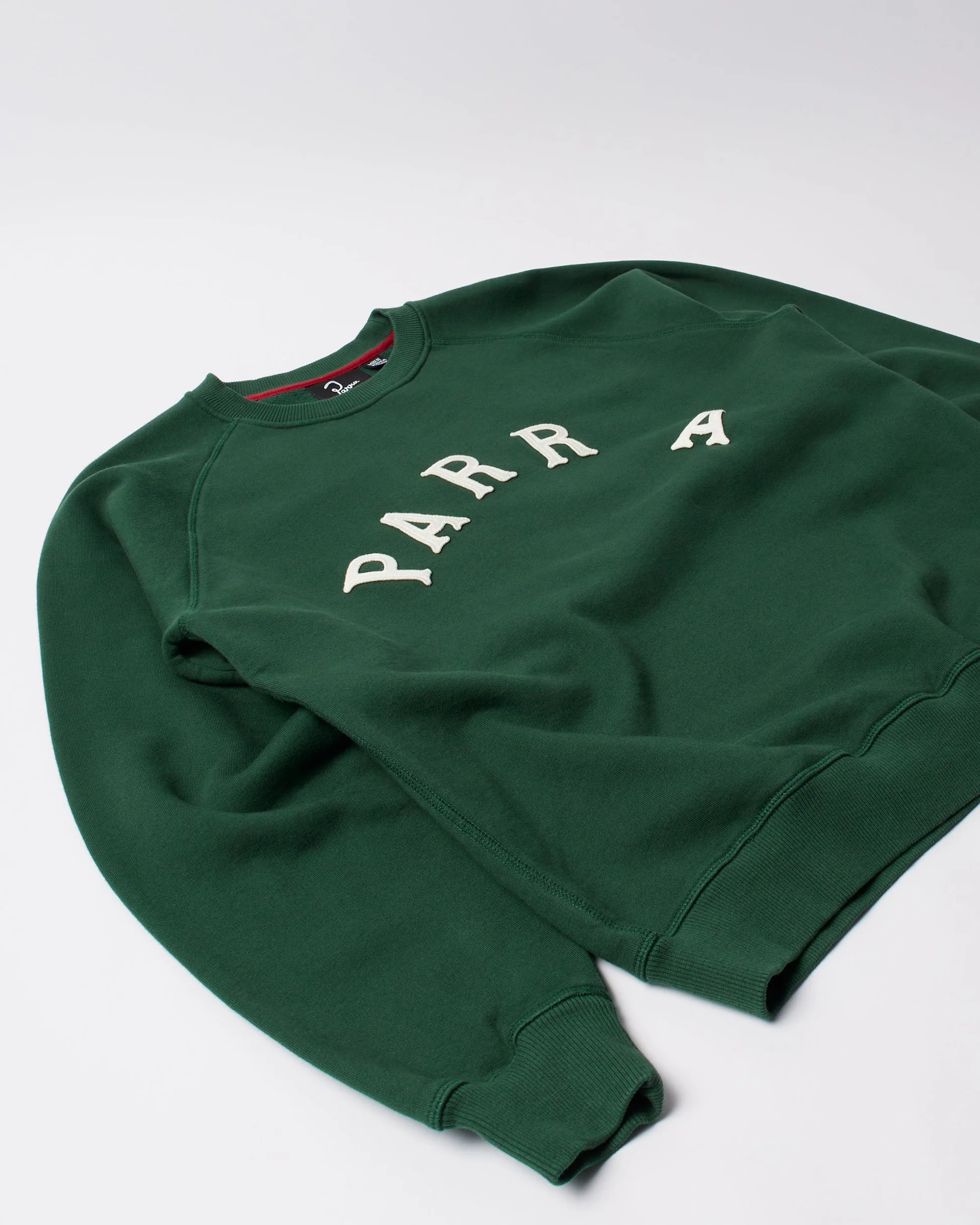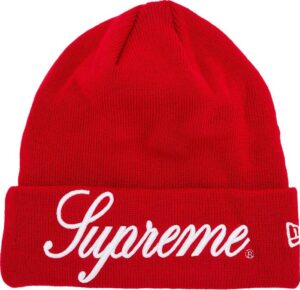In an age defined by misinformation, speed, and fleeting content, responsibility has become an urgent cultural necessity—particularly when it comes to how we dress and what we believe. Fast fashion and fast facts often move in lockstep, saturating our feeds with half-truths and synthetic narratives. But what if the very garments we wore could provoke thought rather than impulsive consumption? What if fashion, so often accused of superficiality, could become a conduit for accountability, awareness, and the democratization of knowledge?
That’s the question at the heart of a new, thought-provoking collaboration between Cologne-based sustainable fashion label ARMEDANGELS and the Wikimedia Foundation, the non-profit organization behind Wikipedia—the world’s largest free encyclopedia. This capsule collection isn’t just another logo-heavy streetwear drop or token cause-marketing ploy. It’s a meditation on facts, language, and responsibility, rendered in organic cotton and ethical sourcing.
With graphic T-shirts emblazoned with terms like “Freedom,” “Equality,” and their Wikipedia-style definitions, the collection is equal parts fashion statement and intellectual manifesto. It invites wearers to engage, to reflect, and, most critically, to think responsibly.
The Capsule as Conversation Starter
The ARMEDANGELS x Wikipedia capsule isn’t flashy. It doesn’t trade in luxury textiles or limited-edition hype. Instead, it offers something more subversive: clothing as a philosophical prompt. Designed with minimalist typography and sharp definitions, the pieces evoke the clean, matter-of-fact interface of Wikipedia itself. But where the website is static and digital, these pieces are kinetic—walking, worn reminders of how knowledge can shape identity and ethics.
Each item in the collection functions as a wearable reference point. “Freedom,” one T-shirt reads, with the accompanying definition lifted directly from Wikipedia. The aesthetic is stark and unembellished—intentionally so. By stripping away embellishment, the message becomes unavoidable. These are garments that educate, not just decorate.
“We were delighted when ARMEDANGELS suggested a Wikipedia-themed capsule collection last year,” explains Zack McCune, Director of Brand at the Wikimedia Foundation. “Through little phrases and snippets of Wikipedia content, ARMEDANGELS has made the beloved website into something easy and fun to wear.”
This idea—that a T-shirt can act as a node in a global network of free information—is emblematic of the times. It’s also an act of quiet defiance in an industry built on opaqueness.
The Ethics Behind the Threads
But this collaboration isn’t just about what it says. It’s about how it’s made. ARMEDANGELS has long been one of fashion’s more sincere actors when it comes to sustainable production. Founded in 2007, the German label has consistently challenged the status quo of garment manufacturing—eschewing synthetic fibers, investing in organic agriculture, and rigorously tracing its supply chains.
In an industry where the word “sustainability” is often thrown around as empty rhetoric, ARMEDANGELS actually builds its collections on traceability, circularity, and fairness. The Wikipedia collaboration continues that ethos, with each garment crafted from certified organic materials and produced under fair labor conditions.
“The more we know,” says McCune, “the better we can meet the challenges of an ever-changing world.” That principle—of knowledge as the cornerstone of ethical choice—underpins the very architecture of the capsule. It’s not enough to wear a shirt that says “equality”; the shirt itself must be made in ways that reflect that value.
Thinking Responsibly: A Slogan with Teeth
The campaign’s central motif—“Think Responsibly”—is more than a clever tagline. It’s a call to awareness in a time of passive consumption. And it’s especially timely given the cultural moment: disinformation swirls across digital platforms; fashion remains riddled with labor abuses and greenwashing; and the pace of production continues to threaten ecological thresholds.
“‘Thinking responsibly’ means asking questions,” says Martin Höfeler, co-founder of ARMEDANGELS. “Where does this come from? Who made it? At what cost? In our world of fast fashion and fast content, slowing down to think critically is radical.”
This radical slowing-down is, in a sense, what Wikipedia itself represents. Unlike the tidal wave of social media, Wikipedia relies on slow accumulation, volunteer editors, citations, and verification. It’s a deliberate archive in a haphazard digital world.
By fusing fashion and fact, the collaboration reframes both. Wikipedia becomes tactile. ARMEDANGELS becomes epistemic. Together, they offer a blueprint for how industries might function when truth and transparency are prioritized.
Open Source Meets Open Wardrobe
Wikipedia is a strange beast in today’s internet: it’s not algorithmically driven, it doesn’t collect personal data, and it doesn’t serve ads. Instead, it relies on donations and the labor of thousands of unpaid contributors. In that sense, it’s a public commons—a digital equivalent of the town square.
McCune refers to Wikipedia as the “internet’s public library.” And now, with ARMEDANGELS, it’s also your favorite shirt.
But the collaboration is more than symbolic. A portion of sales from the collection will be donated to the Wikimedia Foundation, directly funding its efforts to keep knowledge free and accessible for all. This turns fashion into philanthropy—purchases into contributions.
“This is a collection that celebrates and supports the growth of knowledge around the world,” McCune adds. It’s a rare case in which commerce and commons meet on equal footing, with mutual benefit.
Disrupting Fashion’s Gatekeeping
If knowledge is power, then access to it is inherently political. In an industry like fashion—where trends, sourcing, and even terminology are often hidden behind veils of exclusivity—the democratizing impulse of Wikipedia is disruptive.
“Wikipedia offers something rare: open, fact-checked, and public knowledge,” says Höfeler. “That’s why we partnered with them. Because we believe that when people understand what’s at stake—how clothes are made, who makes them, and at what cost—they are empowered to act.”
And here lies the deeper resonance of the collection: fashion as education, not instruction. These garments don’t tell you what to think. They give you the language and the platform to start asking questions.
That, perhaps, is their greatest achievement—not what they answer, but what they provoke.
Impression
Too often, fashion is about surface—appearances, aesthetics, silhouettes. But the ARMEDANGELS x Wikipedia capsule dares to dig deeper. It proposes that a T-shirt can be a declaration. That a definition can be a rebellion. That in a world saturated with noise, clarity itself is revolutionary.
By linking the transparency of Wikipedia with the material responsibility of ARMEDANGELS, the collaboration becomes something rare: fashion that teaches, and learning that you can wear.
It’s a project that asks you not just to consume, but to consider. Not just to look, but to learn. And in doing so, it reminds us that the choices we make—about what to wear, what to read, what to support—shape the world we live in.
Because in the end, thinking responsibly isn’t just a campaign. It’s a practice.
No comments yet.









